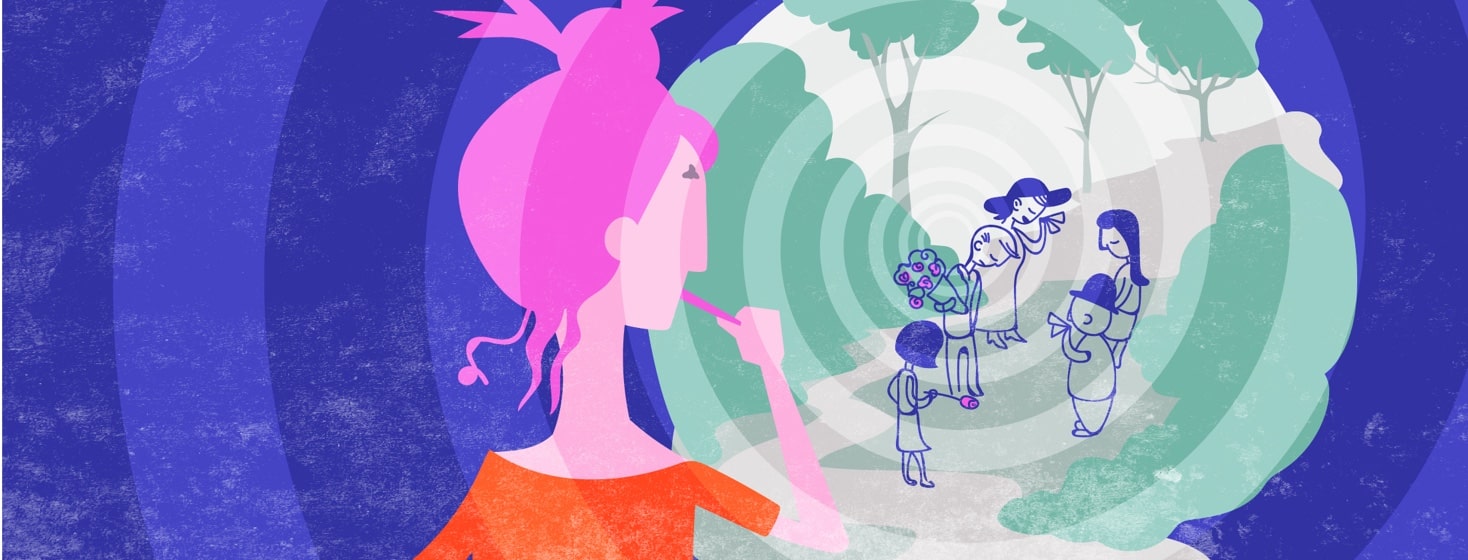How Ruminating Can Make You Suffer
I’m not sure what makes worry spike and then subside. It could be something I say to myself, or a few words that someone says to me, or just a tone of voice, or the natural ebb and flow of the worry wave.
Every spot causes worry
When I got my first squamous cell carcinoma in situ (on the skin), I was worried because it was all new to me. But after my dermatologist explained that it was on the skin and not a major health threat, I calmed down. I have had so many now that I lost count, and when my “squamous cell radar” senses that a flakey spot is going to need attention, I don’t get too worked up about it. I still get nervous when I need to have Mohs surgery, but I don’t go over the top with it.
Realizing that I am ruminating on skin cancer
Now a different kind of suspicious spot, on my wrist, is making me nervous. My dermatologist didn’t make much of it when I saw her a few weeks ago, but it looks different, maybe darker, to me. We’re supposed to be on the lookout for changes in a wart or a mole, right? It might have changed on its own, or it might have changed because I picked at it. But the latter possibility – that I did it myself – faded in the face of the scary one – that it might be a melanoma. Every time my dermatologist sees something, I say, “Not a melanoma, right?” She says I’m prone to squamous cell cancers, not melanoma.
Trying to listen to my rational thought
Rational thinking would lead to this: If it’s a melanoma, they will take care of it and I’ll be OK because I’m watched so closely that nothing would have the chance to progress. Irrational, fear-fueled thinking goes like so: It’s going to spread rapidly and I’m going to die. I suspect I’m not the only one prone to this kind of catastrophizing.
Thinking only about the catastrophes
Looking for a good definition of catastrophizing, I had to laugh when one of the first ones I found had to do with skin cancer. (

Join the conversation